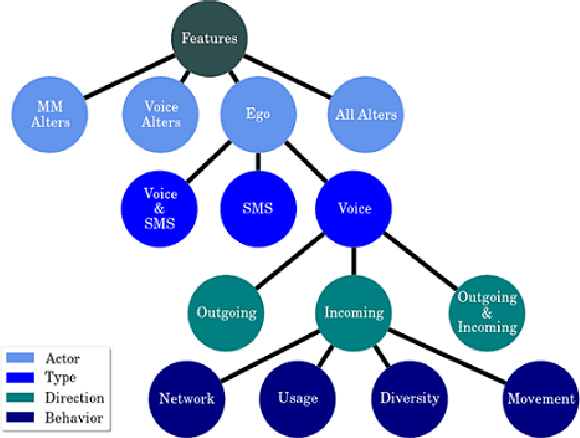Machine Learning Across Cultures: Modeling the Adoption of Financial Services for the Poor
Paper and Code
Jun 16, 2016



Recently, mobile operators in many developing economies have launched "Mobile Money" platforms that deliver basic financial services over the mobile phone network. While many believe that these services can improve the lives of the poor, a consistent difficulty has been identifying individuals most likely to benefit from access to the new technology. Here, we combine terabyte-scale data from three different mobile phone operators from Ghana, Pakistan, and Zambia, to better understand the behavioral determinants of mobile money adoption. Our supervised learning models provide insight into the best predictors of adoption in three very distinct cultures. We find that models fit on one population fail to generalize to another, and in general are highly context-dependent. These findings highlight the need for a nuanced approach to understanding the role and potential of financial services for the poor.
 Add to Chrome
Add to Chrome Add to Firefox
Add to Firefox Add to Edge
Add to Edge